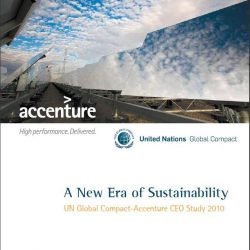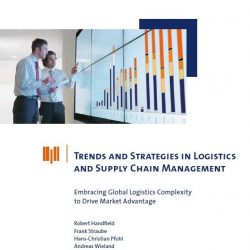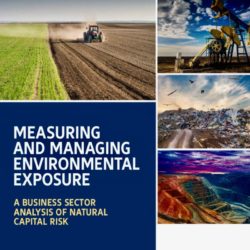CEOs struggling with supply chain sustainability

According to a recent study by Accenture entitled ‘A New Era of Sustainability’, sustainability has made it to the top of almost every CEOs agenda. The study was carried out among 766 CEOs the world over. However, there appears to be a difference between words and deeds.
Some 93 percent of the CEOs who took part in the study consider sustainability to be an important factor for future success. 81 percent of businesses have incorporated sustainability into their strategies and operations. This is a considerable increase on three years ago, when only half of the businesses were able to make such claims.
Moreover, the economic crisis has had little impact on how businesses value sustainability. In fact, the crisis seems to have only emphasised the need for sustainability even more. Almost fifty percent of the CEOs see sustainability as a way of saving costs or increasing turnover.
Words and deeds
Having said this however, there seems to be a considerable difference between the CEOs’ words and the CEOs’ deeds, especially when it comes to the supply chain. While almost 88 percent of the companies think that sustainability should be implemented throughout the entire supply chain, only 54 percent of these companies are actually doing it. Some CEOs say that they are assessing their suppliers’ activities more than they did before. Just as many CEOs are wondering if it is actually possible to implement sustainability in large and complex supply chains at all.
Jeroen van Heijningen, sustainability services specialist for Accenture in The Netherlands, acknowledges that many companies are struggling with the concept of sustainability and with actually achieving their sustainability targets. If companies are successful in implementing sustainability, it is because they have a clear impression of what kind of impact sustainability can have on their supply chain and because they are able to make clear-cut decisions. “We have identified four important strategies: the adoption of shared values like those of UN Global Compact; collaboration with, for example, knowledge institutes and NGOs; the implementation of new technologies such as RFID and remote sensors; and the extension of existing systems in order to manage, measure and report on the progress being made in terms of implementing sustainability. Despite the complexity, 80 percent of the CEOs believe that sustainability will be fully integrated within the next 15 years; 54 percent of them think it will take only 10.”










